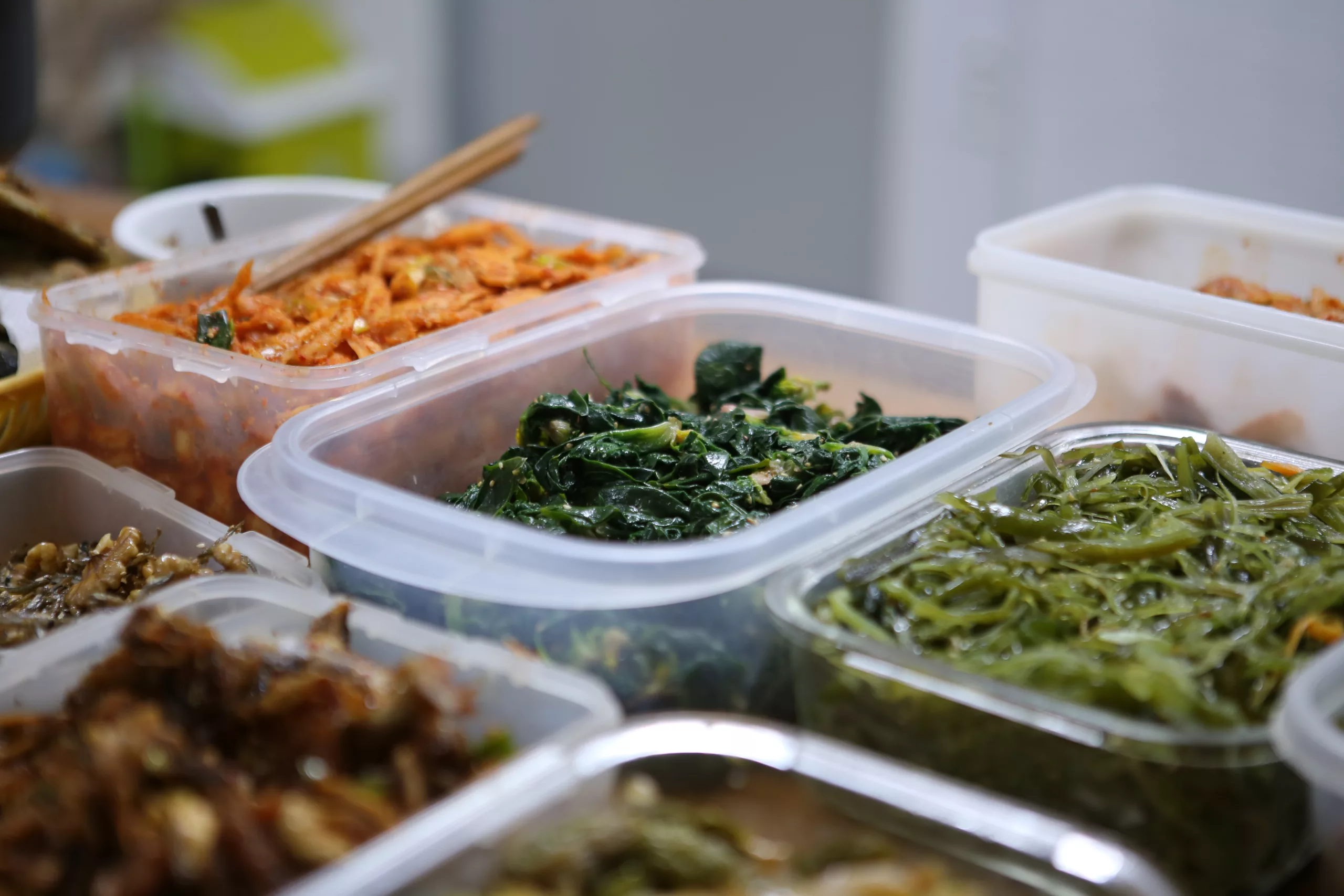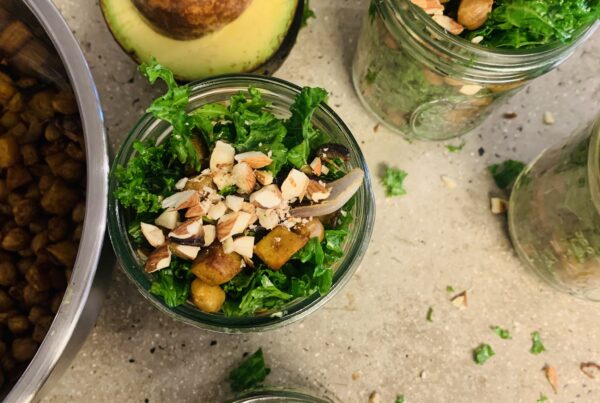Maintaining a healthy and balanced diet is essential for health maintenance and physical and cognitive performance. Meal prepping can be a powerful tool to achieve this goal. By investing time and effort into planning and organizing your nutrition, you can ensure that your dietary needs are met. Today I’ll share three tips for mastering meal prepping and eating a balanced diet.
Tip 1: Shop by Macronutrient
The foundation of a well-balanced meal lies in incorporating the right mix of macronutrients – carbohydrates, proteins, and fats. When shopping, consider the nutritional content of the ingredients you’re choosing to buy. Pick each one intentionally, according to your dietary needs and preferences.
Start by understanding what macronutrients are (read my article “All Macronutrients Matter”). Once you know what macronutrients you can find in different types of foods, you can create a shopping list that focuses on diverse and balanced meals, tailored to your diet, health goals, and needs. For example:
– Carbohydrates: Whole grains like quinoa, brown rice, and oats, as well as fruits and vegetables.
– Proteins: Lean sources such as chicken, turkey, fish, tofu, beans, and lentils.
– Fats: Healthy options like avocados, nuts, seeds, and olive oil.
When shopping, stick to your list first to avoid impulse buys that might lead to less balanced meal choices. After you’ve got all your carbs, proteins, and fats, you’re less tempted to fill up your cart and spend money on what you don’t necessarily need.
Tip 2: Stock Your Freezer
Life can get busy, and having a well-stocked freezer can be a game-changer for staying on track with your balanced meal prep.
When preparing and cooking your meals, purposely make a bigger batch of foods that freezes well, such as soups, stews, and casseroles, and can be easily reheated. You can freeze uncooked vegetables, as well as meats and fruits for smoothies or quick sides to complement your main dishes. I talk all about it in “The Ultimate Meal Prep Guide”, check it out.
Having a stocked freezer not only saves time but also reduces food waste. It allows you to buy in bulk and take advantage of sales, ensuring you always have nutritious options available, especially when you don’t feel like cooking or don’t have time.
Tip 3: Plan Your Week
Effective meal prep includes thoughtful planning. Dedicate a specific time each week to meal prep. If you don’t know a menu yet, I recommend looking through your fridge, freezer, and leftovers to create the menu for the upcoming days. Taking this proactive approach will save you time and energy while reducing decision fatigue during the week.
Look at your schedule and identify busy days or availability to spend time in the kitchen. On days when you have more time available, plan to cook a larger meal that can be enjoyed as leftovers or frozen for future use.
To diversify your meals and keep things interesting throughout the week, you can use different spices or cooking methods. For example, I love pumpkin kabocha, I simply roast it with salt, pepper, and rosemary, or with pesto. Another option is to puree and add some roasted garlic.
In addition to planning your main meals, remember to have healthy snacks handy to keep you fueled between meals if that’s what you need. Preparing snacks like vegetable sticks with hummus, yogurt with fruit, homemade energy bars, or chia pudding will help you resist unhealthy temptations.
There is a wide variety of recipes online. I know, sometimes it gets tiring to sort it out, that’s why I recommend collecting the ones you like and making your own little recipe book. Make your favorite dishes often, and experiment with different ingredients, and seasonings to practice your creativity and skills until you need to look at recipes only for inspiration. Check out my “Recipes à La Dani”.
Conclusion
Balanced meal prep is a skill that empowers you to take control of your diet and make mindful choices that support your health and performance. By shopping by macronutrient, stocking your freezer, and planning your week, you make the whole process easier and set yourself up for success.
Through consistent practice and experimentation, you’ll discover what works best for your unique lifestyle and taste preferences. By incorporating these three tips into your meal prep routine, you’ll be well on your way to enjoying nutritious, balanced meals that nourish your body.
Have fun in the kitchen!



